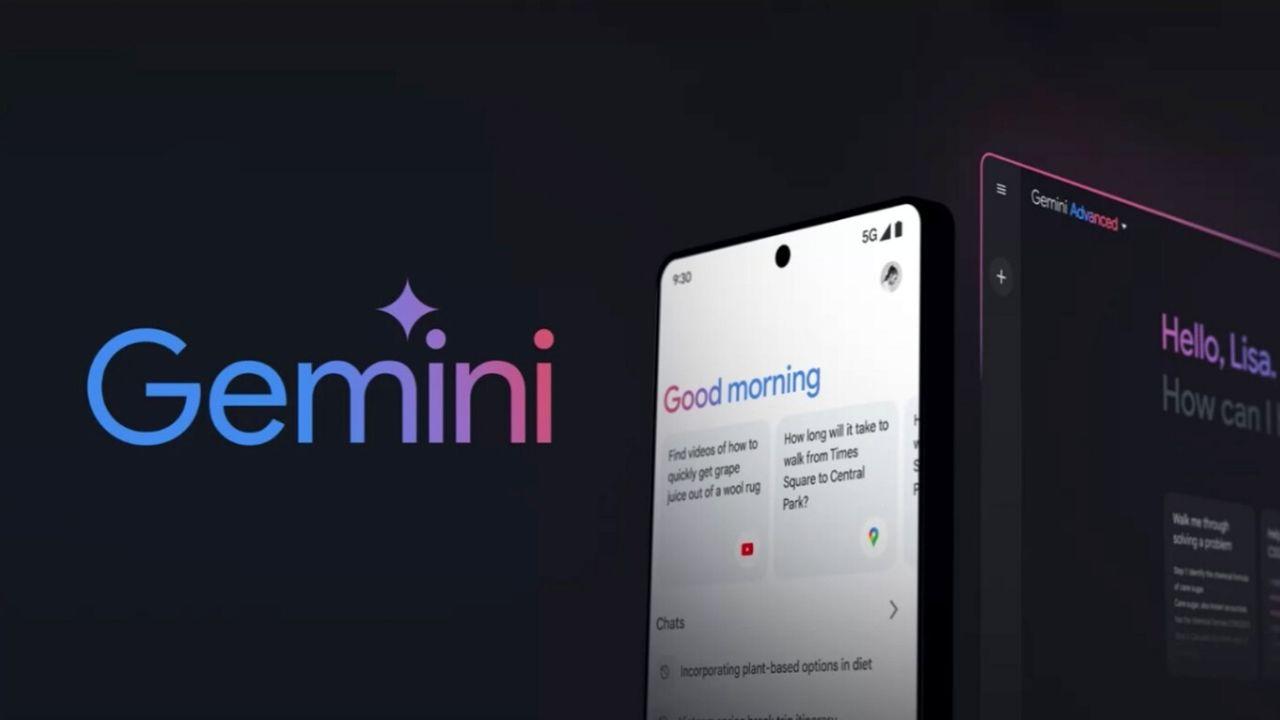Starlink, one of the businesses championed by Elon Musk, will not be able to count on one of the partners it would have liked to have: Vodafone. In its plan to launch a network of satellites that offer mobile connectivity throughout the world, the company would have wanted to have the support of the British entity. The reason? They have a better idea.
It cannot be denied that Starlink’s intention to provide mobile connection to the last corner of the planet is not ambitious. They have an established travel plan on the table that could change everything and help many people in situations where having mobile access would be key. But they need support. And not having Vodafone will surely not be fun for them.
It was an option
There was a time when Vodafone had been considering it. The operator is one of the most frequent names when it comes to testing new technology and overcoming barriers with more advanced systems, something that has already been seen, for example, with the 5G tests of the future. Therefore, its participation in mobile satellite connections such as those that Starlink wants to establish will be very important.

However, in the end the company has made the decision to discard this Starlink proposal. There will be no alliance for a simple reason: not only have they received a better offer, but they have already accepted it. And what is more important: it is an exclusive agreement that would prevent them, for any reason, from starting to work with Elon Musk’s entity. So no, there is no way around it.
Vodafone chooses Amazon
Not Amazon directly as a company, but Vodafone has decided to enter into an exclusive agreement with Kuiper, a project that is supported by the e-commerce giant. The plans are very ambitious and Vodafone has accommodated everything that had been proposed in the way in which they would collaborate. It is possible that one of the reasons that led to this rejection of Starlink’s offer was found in the approach that is being made to satellite connections.
Vodafone wanted to specify that they are very clear that mobile connections under satellite networks will only be a support for the terrestrial networks that we all know and use. Therefore, calls through this system will only be used in emergency situations or when there is some reason that prevents using the mobile phone through traditional networks. It is possible that, in this regard, there were differences in the way of seeing the role that the satellite calls that Starlink is working on will play. After all, we must not forget that Elon Musk’s company has already put six satellites into orbit, but the plan is for the network to consist of more than 800.
At the moment, Vodafone specifies several types of cases in which its network will use the Kuiper satellite connection within the limits of what was discussed above. For example, they plan to get their phone service to parts of Africa and Europe where there is no mobile phone support. They want to take their 4G and 5G networks wherever they are needed and thus ensure that no one is unable to access mobile calls. Along these same lines, they have developed a strategy in which they will offer a satellite support service to companies and businesses that are in critical situations in which they cannot be left without a line.
That is, Vodafone will guarantee these corporate clients that they will not be left without a network at any time, even if it is not something they use unless something happens. It is estimated that 40% of the population does not have access to the Internet and they want to reduce this figure considerably, especially by focusing on schools, remote communities or companies. Starlink may have similar plans, but what is clear is that they will not be able to count on Vodafone to materialize them.













